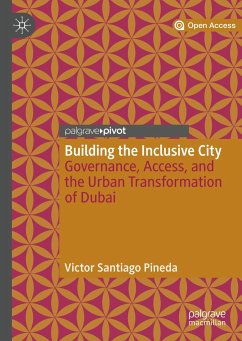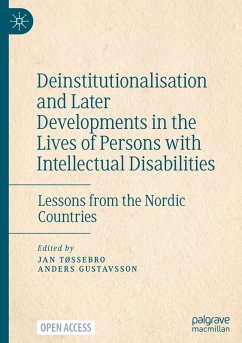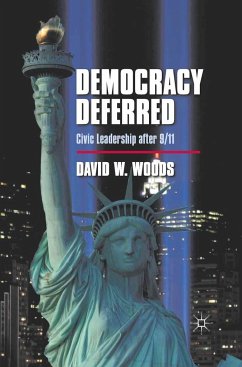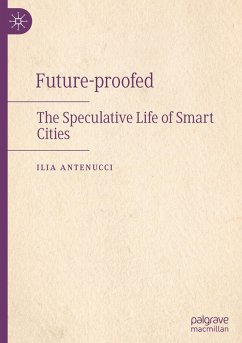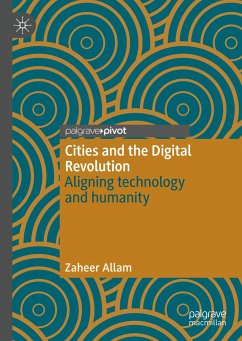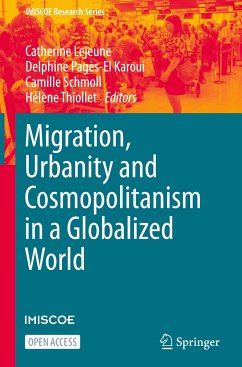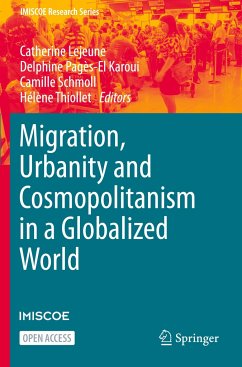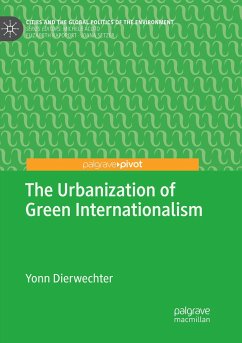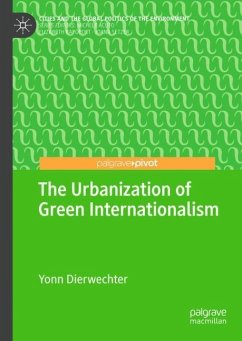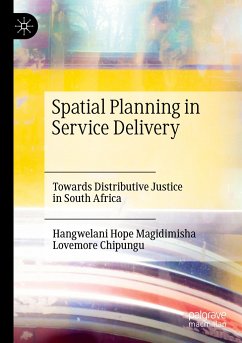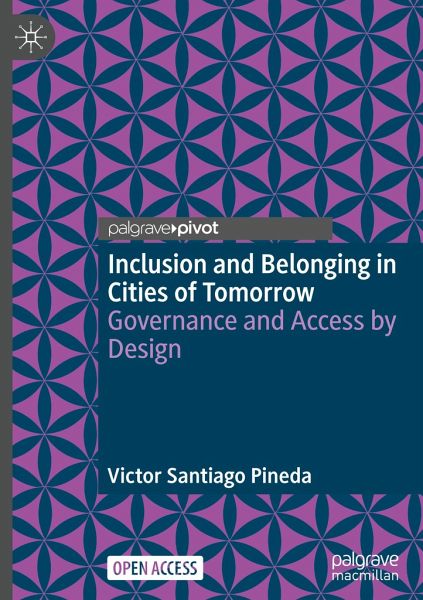
Inclusion and Belonging in Cities of Tomorrow
Governance and Access by Design
Versandkostenfrei!
Versandfertig in 6-10 Tagen
23,99 €
inkl. MwSt.

PAYBACK Punkte
12 °P sammeln!
This open access book uncovers the historical context and entrenched beliefs that have perpetuated exclusionary urban landscapes and disadvantage for marginalized groups. It offers an in-depth exploration of the intricate interplay of geographical space, recognizing its pivotal role in shaping our cities and exacerbating spatial injustice. The construction industry, a vital agent in forging accessible environments, often falls short in accommodating persons with disabilities and older individuals. This important book underscores the urgent need for integrated approaches woven into the fabric o...
This open access book uncovers the historical context and entrenched beliefs that have perpetuated exclusionary urban landscapes and disadvantage for marginalized groups. It offers an in-depth exploration of the intricate interplay of geographical space, recognizing its pivotal role in shaping our cities and exacerbating spatial injustice. The construction industry, a vital agent in forging accessible environments, often falls short in accommodating persons with disabilities and older individuals. This important book underscores the urgent need for integrated approaches woven into the fabric of cities, companies, and the construction industry itself, to ensure universal accessibility. Drawing upon practical strategies and compelling case studies, the book presents actionable frameworks such as the DisCo Policy Framework and the Iceberg of Inequality Model, facilitating the assessment of progress towards achieving radical inclusion. Inviting readers to embark on a journey intothe cities of tomorrow, where inclusion and belonging are the norm, it concludes with a simple idea: the future is accessible.





